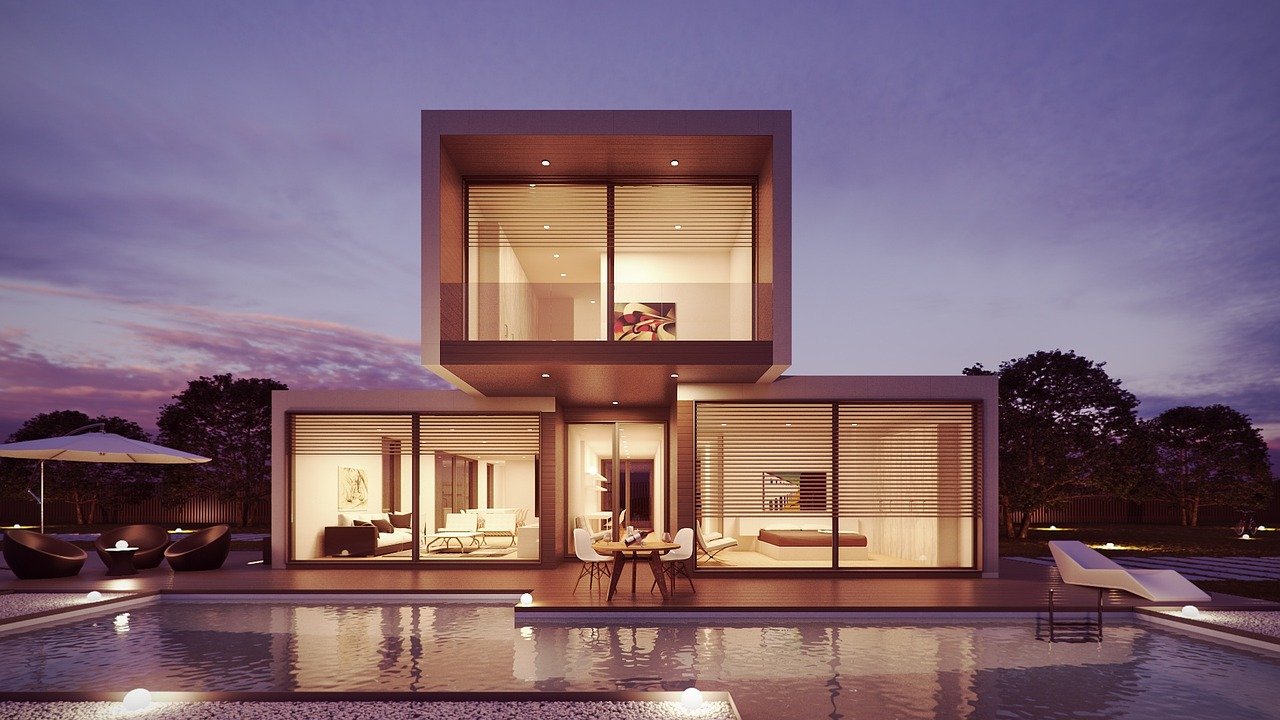When asking the question, “What is my home worth?” you obviously want the answer to be as high as possible. While there is a long list of factors that can affect its value, these are the biggest, some of which you might be able to change to maximize your profits.
Table of Contents
Location
Unfortunately, you can’t change the location of your home, but that’s a big factor in its value. After all, there’s a reason for the saying: location, location, location. It’s based on a number of factors, such as the neighborhood’s crime rate, how close the home is to schools (and the ratings of those schools), hospitals, and desirable amenities like parks, trails, and beaches. Where it’s positioned also holds some weight; for example, a home that backs to a noisy road is likely to be valued less than one that backs to a forest.
Materials and Upgrades
The materials used to build your home affect value too. If it was constructed or renovated recently using modern materials, it would have a higher value than one that hasn’t been updated since it was built many years ago.
Installing new windows in Woodbridge, a roof, and/or siding can add to the value as they all help to improve the safety and efficiency of your home.
Condition and Age
Of course, the condition of your home is a big factor. While you can’t change its age, you can make repairs and improvements to help boost the value. Be sure to make any necessary repairs or replacements as necessary. Getting a professional inspection will identify what you’ll have to do to sell and get a decent profit while avoiding unpleasant surprises.
Square Footage
While the total square footage helps determine your home’s value, two homes that both have 2,500-square-feet won’t necessarily be priced the same, as TheBalance.com notes. In addition to the other factors mentioned, an appraiser also looks at how the space is distributed. How much of that square footage is livable and usable? While a finished basement can add value, typically, only the usable square footage above that is included.
Also read about window and doors company
Bedrooms and Bathrooms
In addition to square footage, the number of bedrooms and bathrooms also play a part in your home’s value. An appraiser will compare you’re your home to others in your area that have the same number of bedrooms and bathrooms. If you have just one bedroom, it’s likely to sell for much less as the number of potential buyers will be limited, such as single people and couples, as there won’t be enough sleeping space for families. If this is your situation, adding a bedroom can significantly increase the value of your home.
Another big issue when it comes to value is having just one bathroom, as many buyers will pass it over for one that has at least 1.5 bathrooms. Like a bedroom, a bathroom addition can also make a big difference in how much your home will sell for.
Also read: How to Find the Coworking Space full of facilities in your area
Curb Appeal
First impressions count. Other than online photos, the exterior of your home and the landscaping are what will entice people to head inside (or not). A lack of curb appeal, meaning a poorly maintained lawn, weeds, fading paint, a worn garage door, and so on, is likely to lower the value of your home. Going overboard with elaborate landscaping can also have a negative effect as it screams high maintenance.
Your best bet is to ensure your property is cleared of any junk and debris, with clean, neat, and easy-to-care-for landscaping. Read this Gustafson Painting article if you’re wondering what time of year you should paint your Florida home.
The Housing Market
In addition to the condition of your home and the other factors mentioned, if it’s a seller’s market in your area, your home is likely to have a higher value. With many homes for sale but few buyers, a buyer’s market can mean a lower value.
